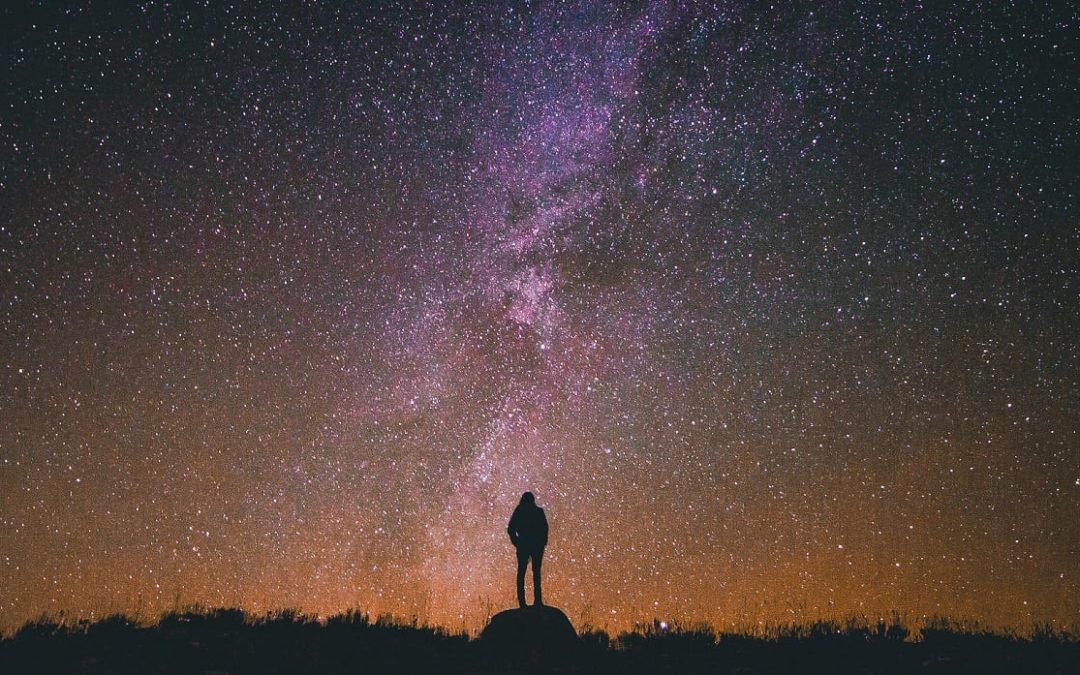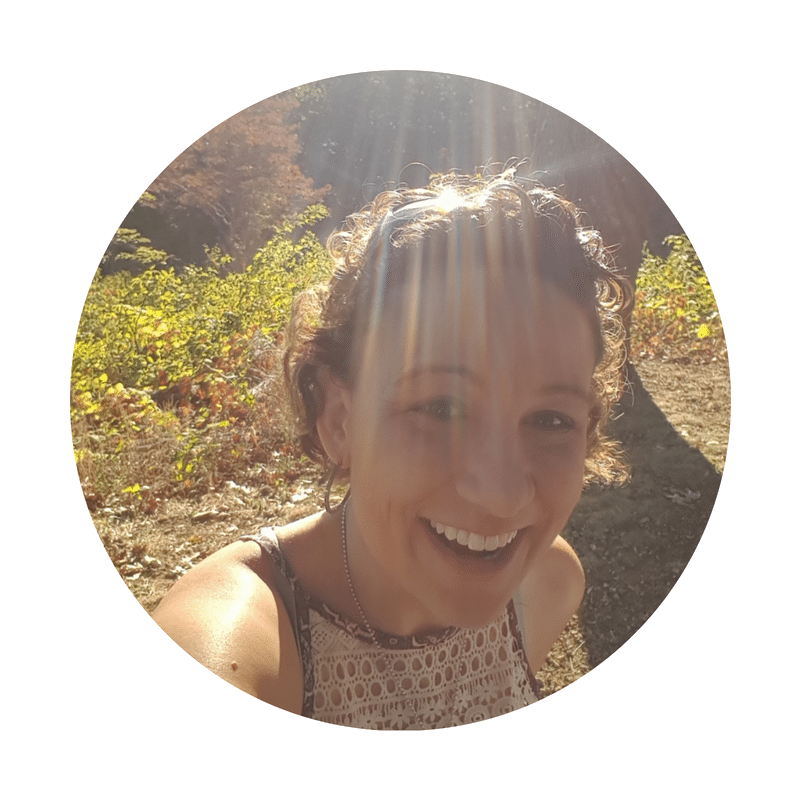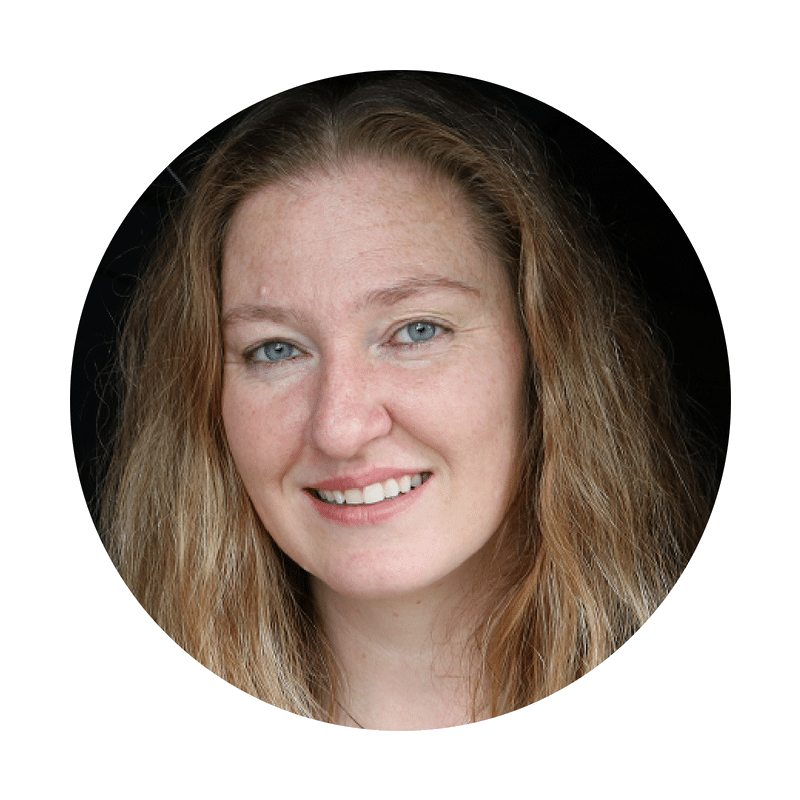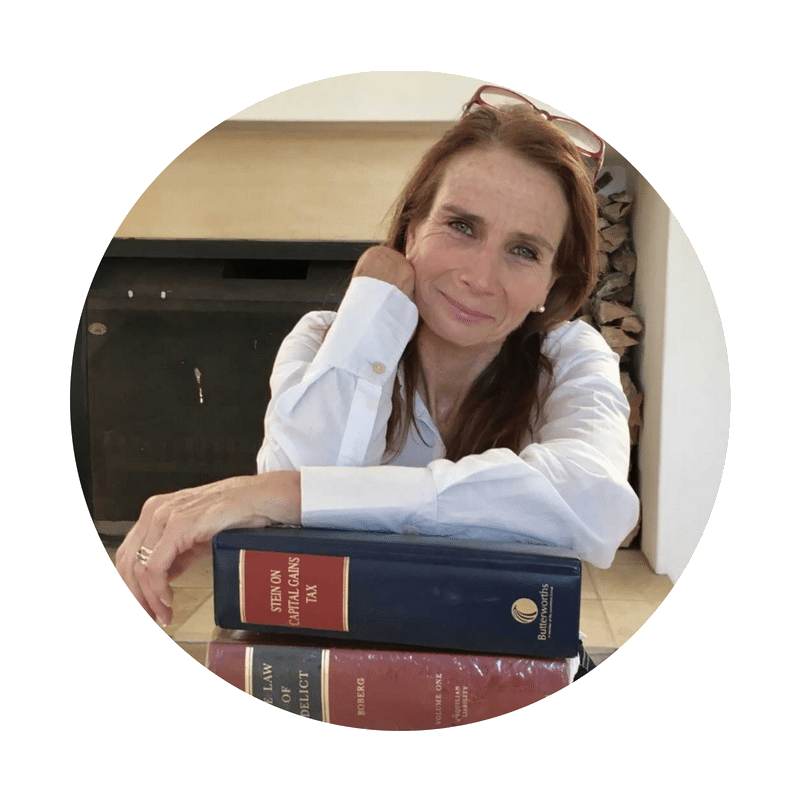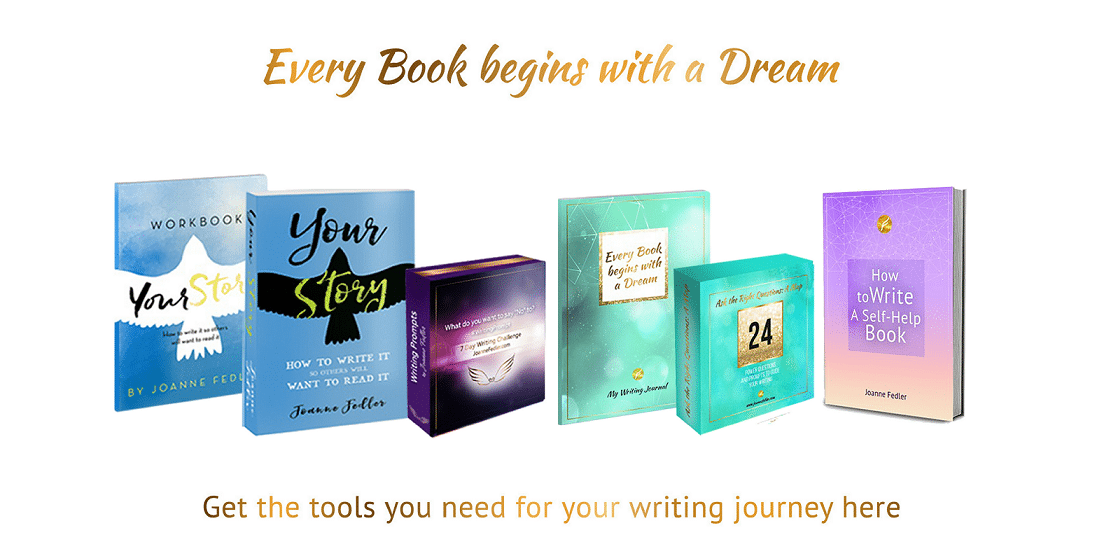
Books Are Like Besties
Books Are Like Besties
I equate the experience of reading a good book to sitting alongside my bestie and listening to her share a story in a raw and relatable way. I’m there in the story with her, her words evoking a variety of uncontained visceral responses.
I’ve been known to snort, laugh and cry in public places as I forget the reality of my surroundings and enter another world. Facial gymnastics are a telltale sign a reader is engrossed, as are involuntary squeaks and squeals. I recall watching one woman curled up in the lounge area of a cruise ship, her shoulders intermittently pumping, her head nodding and her hand straddled across her mouth attempting to silence her amusement. I could tell she was about to erupt – her whole body convulsed just before the raucous laughter exploded. Even funnier was her attempt to read an excerpt while gasping for breath in the build up to the punch line. The exact wording in the book didn’t matter at the time. I’d already connected with and befriended Sally because of her warped sense of humour. I was hooked. I wanted some of what she’d experienced and knew the book she was reading was written by a like-minded soul. Sally’s actions spoke volumes; her physical response went beyond the normal word of mouth recommendation.
Guy Browning’s Never Push When It Says Pull – Small Rules for Little Problems turned out to be an exquisite selection of musings that adeptly used thoughts, feelings and actions to make the reader feel part of the story. In it he weaves the milieu of the conditions of character and setting with words to bring the pages to life in a relatable manner. It’s a fine example of how to hone in on the minutest of details to embellish parts of a whole story.
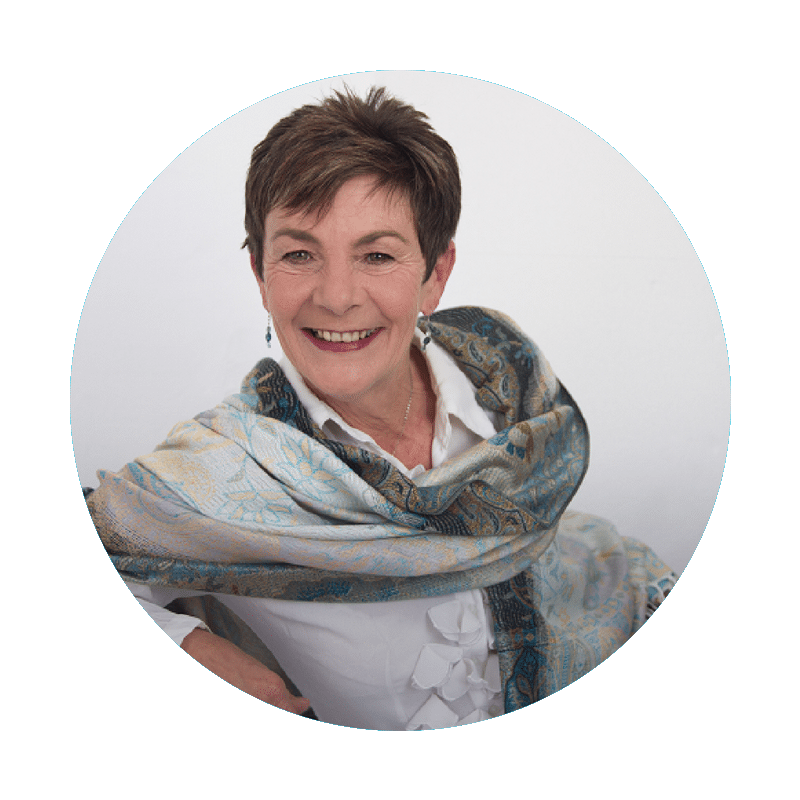
.
About Philippa
Philippa Ross’ desire to eliminate waste of natural human and environmental resources fuels her work as a mentor, writer and speaker. She has integrated personal experiences, professional qualifications and a passion for the environment and quantum physics into roles she defines as a Human Ecologist and Enthusiologist. Her ability to empower people to find their True North and explore the connection between their internal and external worlds has undoubtedly been influenced by her great, great, great grandfather, Sir James Clark Ross, who used the earths magnetic field to navigate his way around both polar regions, discovering the North magnetic pole and the Ross Sea, Antarctica.
In this way, the written word is akin to a melodic arrangement of music where the lyrics and tempo create a harmonious symphony. Both have the power to communicate to the core and stir emotions in the body, which in turn feeds back a unique response, telling its own version of the original story.
Every composition embodies the essence of the creator, so it’s important to write from the heart. Pour your soul onto the page in the same way you would as if you were talking to your best friend – no holds barred and no mask of pretence. Be real and raw. Be YOU. Keep this friend at the forefront of your mind as you journey though the writing process, as it will help create depth for the relationship your reader has with your work. Once immersed in this practice, the intimate kinship will alleviate the pressure to write what you think people want to read and enable your true voice to shine through. You’ll find a deeper connection and a new best friend in yourself; one who can touch a community of like-minded people in a unique way.
It is also important to remember your writing style, just like different musical compositions, won’t appeal to the masses. Keep your ideal reader in mind. Envision that person as your ‘bestie,’ sitting alongside you as you share your story in your own unique way.
I’m sure neither Sally nor I were on Guy Browning’s radar when he wrote his book, but words have the power to bridge personal experiences for a broad spectrum of people. Thoughts, feelings and actions ultimately have a way of uniting us, and as writers we have to remember this when we enter the world within to bring our stories out.



